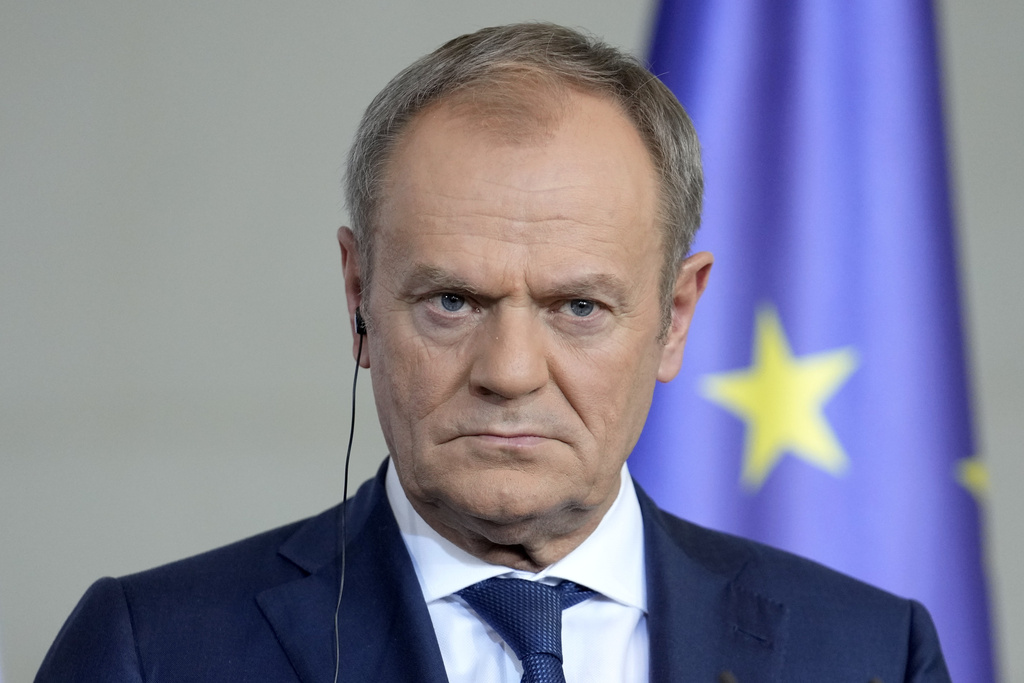Poland’s Prime Minister Donald Tusk confirmed on Tuesday that a motion to indict the head of the central bank (NBP), Adam Glapiński, was ready and would soon be brought before parliament. Tusk noted that prosecuting Glapiński was one of the promises his party made to the electorate in last year’s parliamentary elections.
Tusk’s party has repeatedly accused Glapiński of failing in the fight against inflation, of politicizing the central bank, and of illegally supporting the state budget.
Meanwhile, attorney Bartosz Lewandowski from the Ordo Iuris Process Intervention Center points out that the real reason behind the desire to remove Adam Glapiński from the NBP is to enable the introduction of the euro in Poland. This is said to be in the interest of the German economy, which has been in poor condition since the outbreak of the war between Russia and Ukraine.
“The takeover of NBP, the elimination of Prof. Adam Glapiński, and the appointment of their own president has a specific goal, which is to immediately initiate the procedure for entering the eurozone. The real reasons can already be heard in the corridors, and those well-informed know about it,” Lewandowski wrote on X.
Any motion to bring the head of the central bank before the Tribunal of State will need to be signed by at least 115 of the 460 MPs in parliament.
It will also require an absolute majority of 231 MPs to bring Glapiński before the State Tribunal. The Constitutional Court has recently ruled that such a motion would require the support of three-fifths of MPs (276), which the ruling coalition does not have. The ruling majority, however, does not recognize the Constitutional Court as being validly constituted and seems determined to press ahead.
There is also confusion over if and when Glapiński would be suspended from office while facing legal proceedings. The Constitutional Court claims that he should not be suspended at all, whereas other legal experts believe that he should be suspended from the moment parliament votes to indict him and that his deputy should take over for the period of the indictment.
The reaction of the European Central Bank (ECB) is another factor in the matter. In a letter to Glapiński, ECB president Christine Lagarde made clear that her institution would challenge any suspension carried out on the basis of political motives in the European Court of Justice (ECJ).





